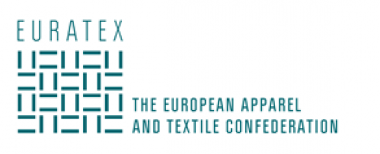SGL Carbon: CEO Dr. Torsten Derr will not extend contract
The CEO of SGL Carbon SE, Dr. Torsten Derr, informed the Chairman of the Supervisory Board today that he will not extend his contract, which expires on May 31, 2025. Dr. Derr will continue his duties until the new CEO is appointed, at the latest until May 31, 2025.
“SGL Carbon is once again a strong and stable company whose profitable development I will continue to work on with all my strength until the last day. But even without me, my colleague on the Board of Management, Thomas Dippold, and the team will continue to develop the company successfully. The last almost four years have always been the achievement of the entire SGL team. SGL Carbon is now sailing in stable waters and my transformation work will therefore be completed shortly,” explains Dr. Torsten Derr.
“We are grateful to Dr. Derr for talking to us early on and in a spirit of trust. This will allow us to take our time in arranging his succession. SGL Carbon can look back on three successful financial years, is financially strong and relies on a broad-based management team that continues to drive forward the expansion of the business in strong growth markets. In our appreciative discussions, Dr. Derr has promised to complete all important projects with his usual commitment until the handover of the CEO position,” says Prof. Dr. Frank Richter.
The Supervisory Board will immediately begin the search for a successor to Dr. Torsten Derr.
SGL Carbon SE




















